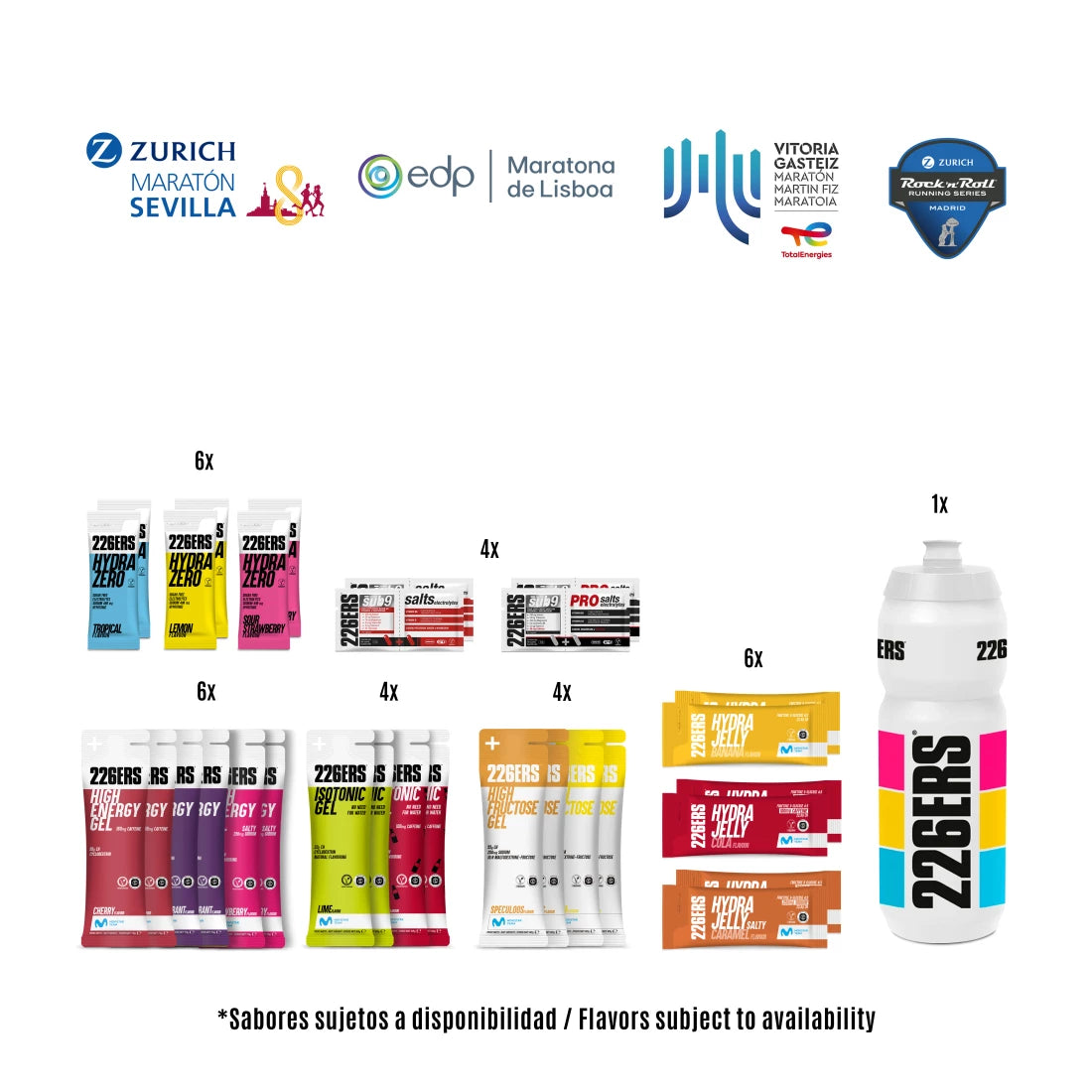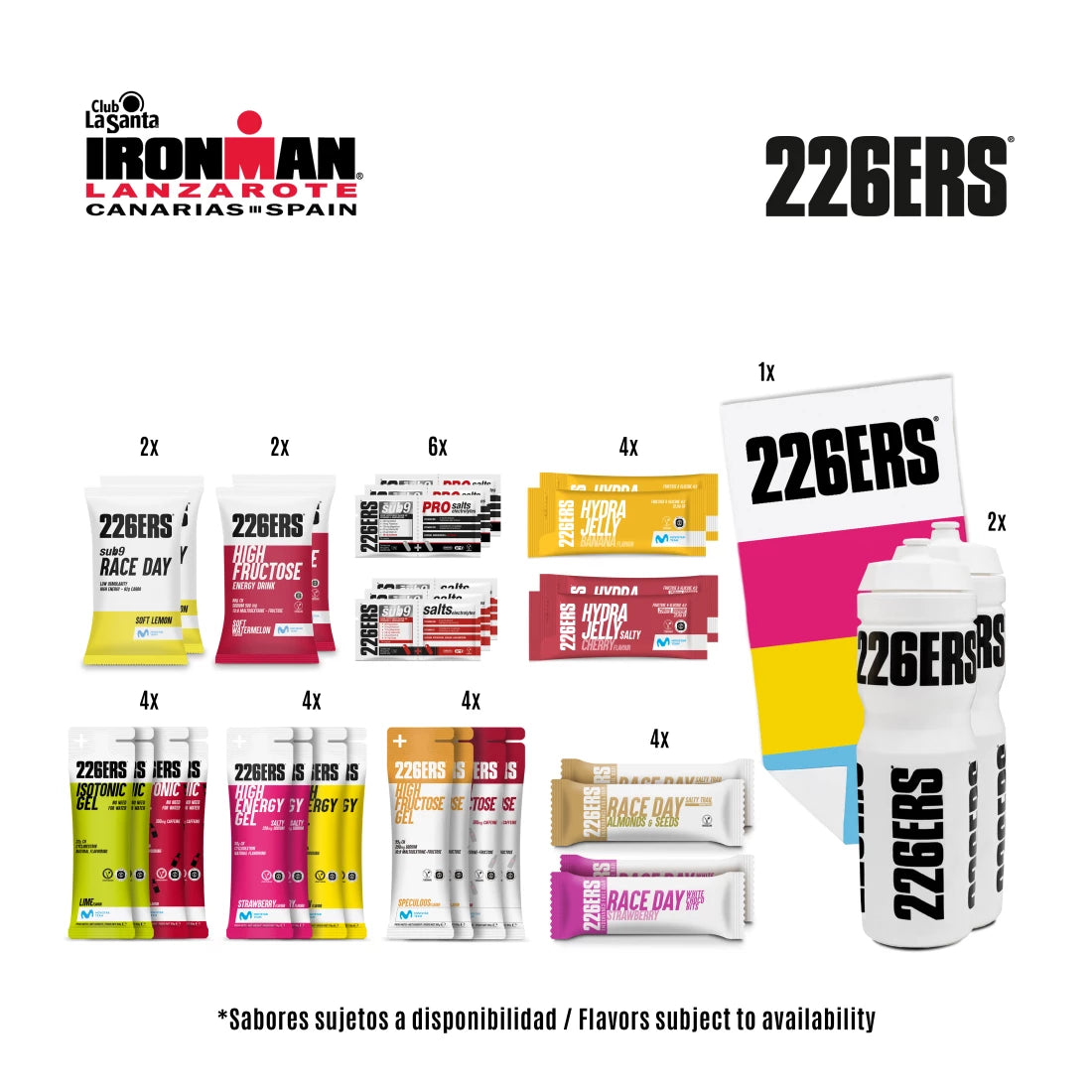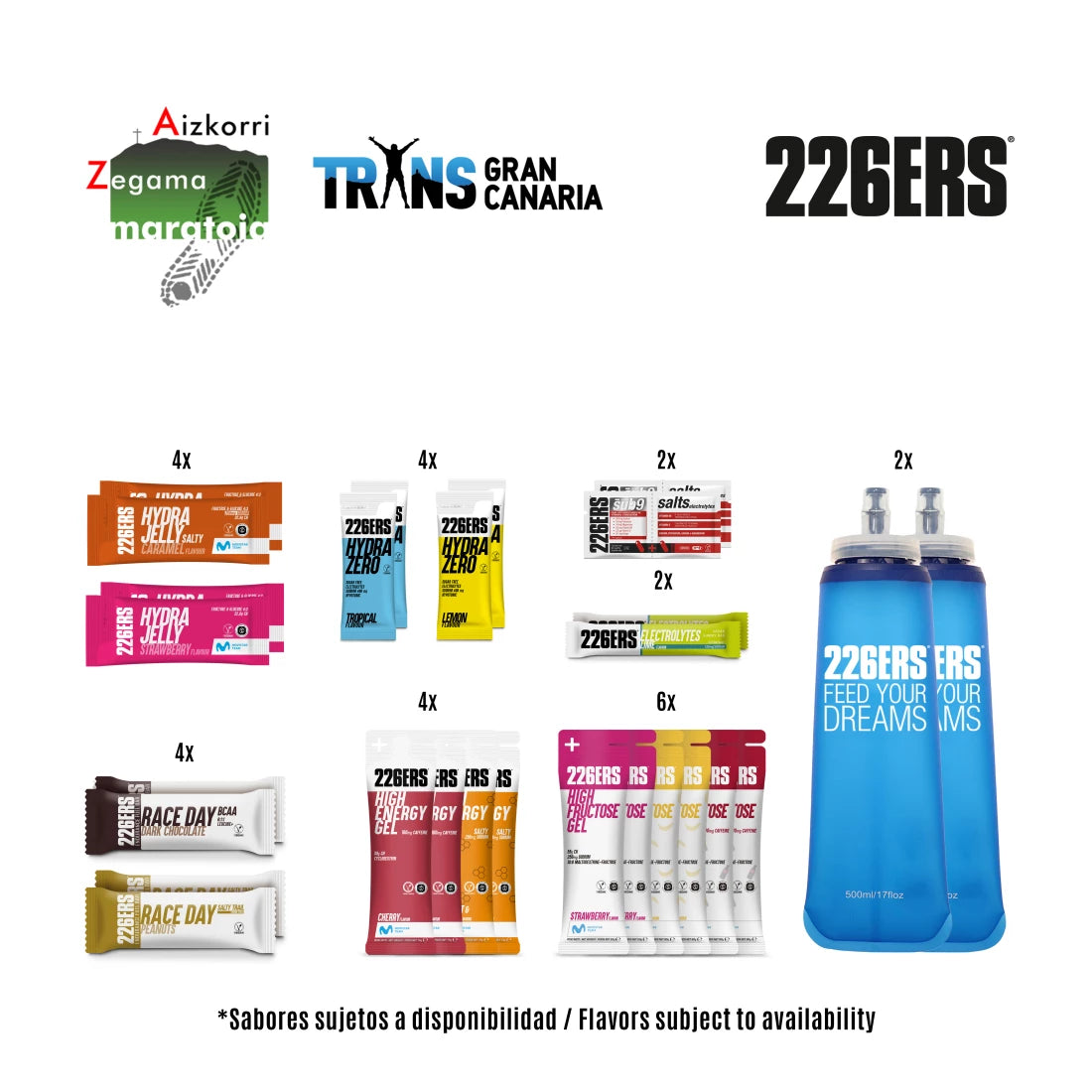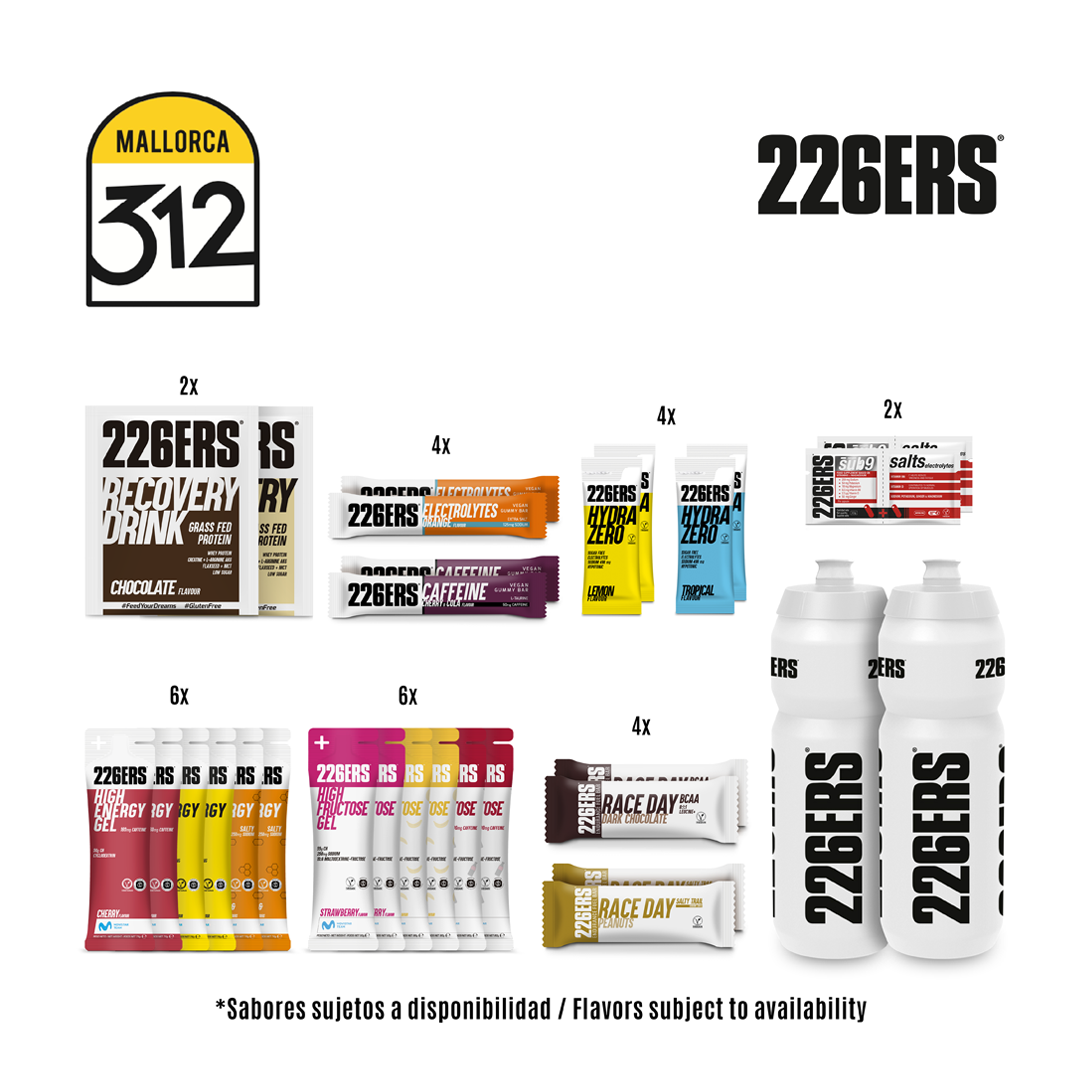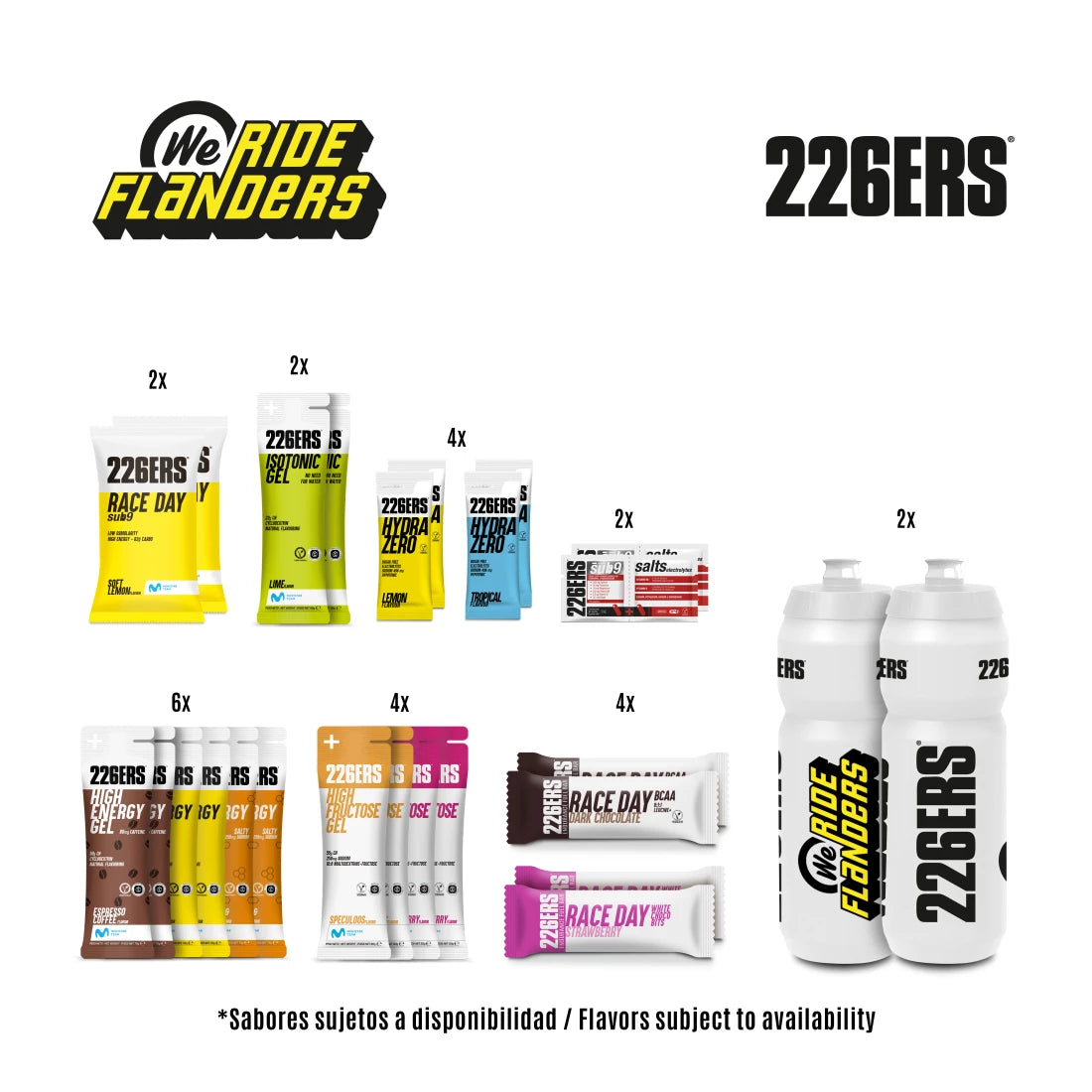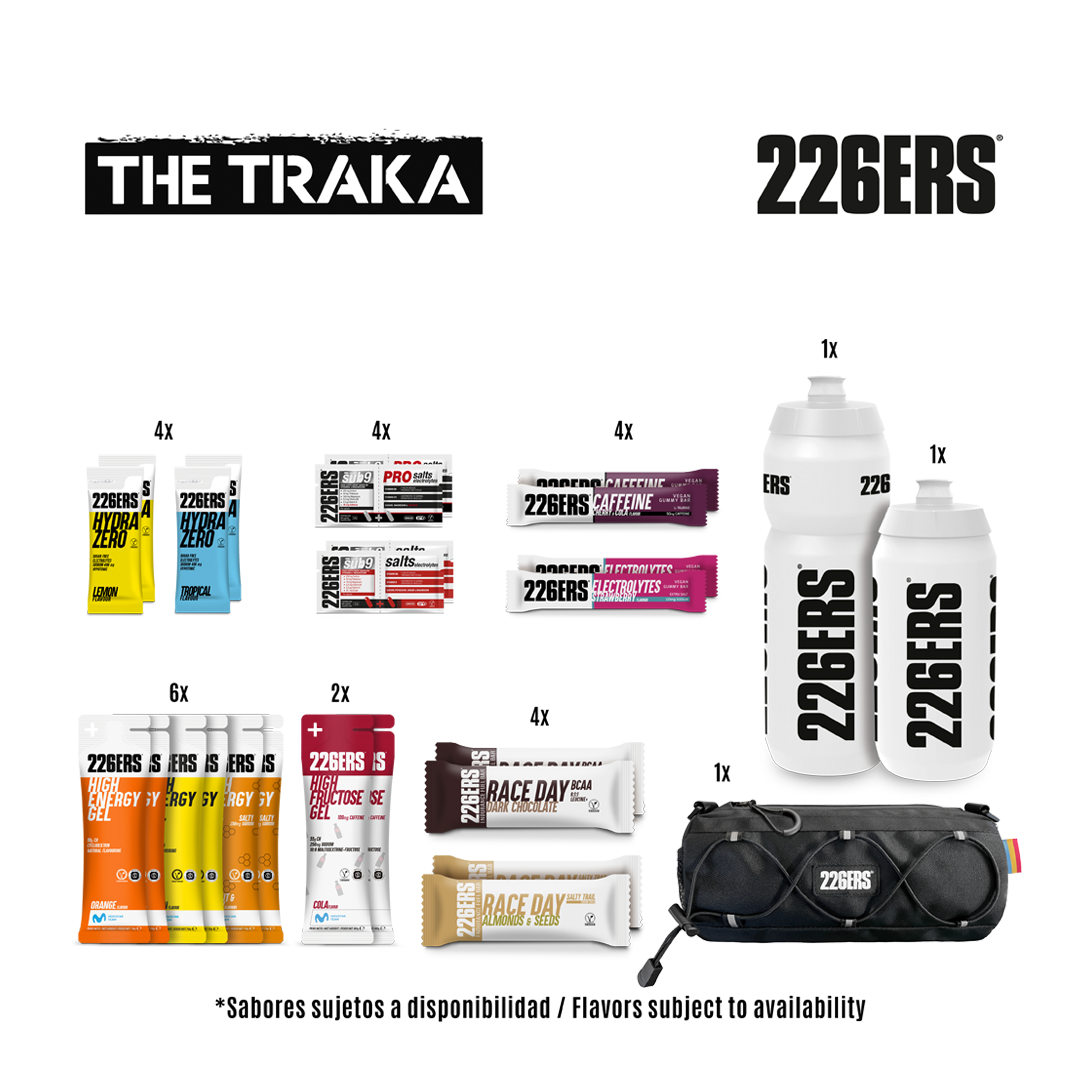The year 2015 was the year of Marta Esteban Poveda, with the Valencian athlete doing her MMP in the Valencia Marathon (2: 34’42 ’’) and closing a magnificent year. But 2016 has not been able to start better: its brand in the Spain Championship of Media Marathon in Santa Pola (1: 13’41 ’’) opens the doors of the Cardiff World Cup. The next few days will be of great decisions for Marta: hurry for the medium or try to assault place in the JJOO de Río. Meanwhile, he tells us his secrets in sports supplementation to compete at the highest level.
After touring almost 6500km in 2015 and still wanting to continue crushing myself to training I think it could be considered something I am doing well. Of course, when increasing the physical performance of an athlete, a good training plan and good nutrition must first value. But we can always go a little further and consider nutritional supplements as a good asset when trying to maintain and/or increase our level of training load, minimizing features of fatigue. Of course, always without endangering our health.
I have been working with 226ers for more than 3 years and I have been able to verify that if you surround yourself with great professionals, the results always end up.
It is clear that each one has their preferences, but I would like to comment on some of the supplements that I use the most, at what time and why I think they are very important in my current performance.
BCAAS and recovery
Let's start with the famous branched chain amino acids or
BCAAS (Branched Chain Amininoacids), since despite being on the mouth of everyone, it is not always very clear about what they are. Amino acids are the bricks of proteins that, among other things, are those that form the frame of our body: bones and muscles. Specifically, the branches (they are called that because they are not linear in their conformation) are 3: leukine, isoleucine and valine. Only these three already make up a third of the skeletal muscles! In addition, they are considered essential, since we cannot create them and our only contribution is with the diet. A supplementation with these BCAAS, before or after exercise, can help reduce protein rupture and also to
Accelerate recovery activating muscle protein synthesis
. And this is what I take
At the end of a strong training Fartlek type, series, hard gym session or long marathon runs.
In line with what I just commented, recovery, I also usually use products that combine proteins and carbohydrates. The term
Energy window o Metabolic window encompasses from the moment you finish the exercise until approximately 2 hours later. At this time, the hydrates we consume will cause higher glycogen levels and if we combine them with proteins we will improve muscle reconstruction. He
Recovery Drink of
226ers, contains approximately 50% -50% and with very good digestibility, that's why I always take it
After competing, when nothing else enters your stomach.
Replace liquid
Of course when training (and more I live in Valencia), we sweat. And this lost liquid must be replaced. Although sweat is saline, blood sodium concentration actually increases because more liquids are lost in sweat or perspiration. Still, this
loss of sodium It must be compensated to restore the balance of before training. Can come from a
drink isotonic prepared Already commercially (in my case I realize the 226ers brand), or of salts. Approximately 500mg of sodium is supposed to be ingested
After a long session or hard (although all this will depend on our adaptation to the humid climate, etc.). Sodium helps to move liquids through the small intestine and introduce glucose into the cells, so it is so important (among other things).
In
MARATHON I usually take
isotonic in kms 10, 20 and 30; while the 15, 25 and 35 I reserve them for the
Energy gels along with water. So I will talk to you later.
Hydration and prior food at competition
Of course, before the competition you have to be well hydrated and with the glycogen deposits to be overflowed. Apart from a diet a little more focused on the previous weeks, I always take a
Drink containing enough breakfast for breakfast and that I take small drinks throughout the morning until the time of departure. Took
Energy Drink. This also contains L-carnitine (which increases the metabolism of fats, so important in resistance races), bullfighting (an unbrushed amino acid that stimulates growth hormone, increasing energy performance and efficiency) and a vitamin complex (from antioxidants that decrease the effect of muscle inflammation by free radicals, until they modulate and improve the response immune).
The
Energy gels (Like isotonic or energy beverages that are used in the sports field) they contain carbohydrates but are different from sugar (also called sucrose) that we normally use to sweeten coffee. These are amylpectinas, they provide the advantage that does not produce a peak of insulin as soon as they take them. I explain myself, when we take sugar, the insulin hormone is the one that is responsible for putting glucose in the cells, but it can cause an excess of "attempt" to remove glucose from the bloodstream and suddenly find a situation of hypoglycemia. And that ... is an absolute disaster for our performance, with dizziness, loss of strength and others.
That is why I trust that, after several years (and several half marathons and marathons), the gels that contain this type of hydrates are necessary in the race, for thus
Keep the limited glycogen deposit moderately stable that we have, and which we depend fully when we cannot manage at high speed the metabolism of the fats.
Well, these are my favorite supplements: gels, isotonic drink, energy drink, recovery drink and branched amino acids; as well as when and how I take them. And yours?


